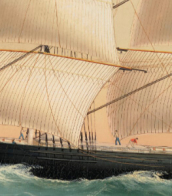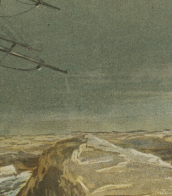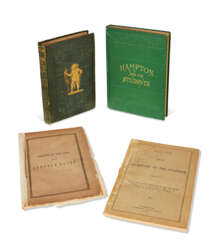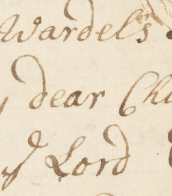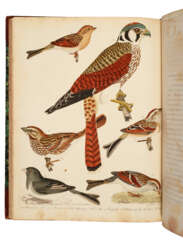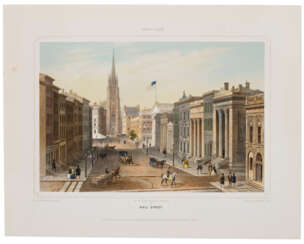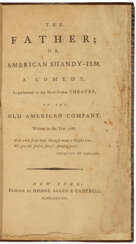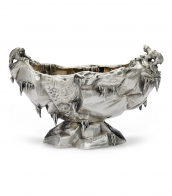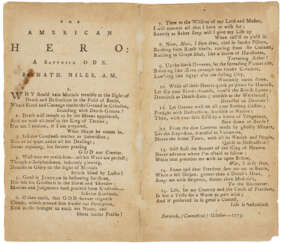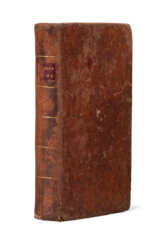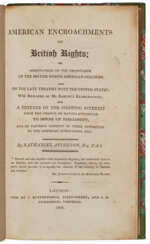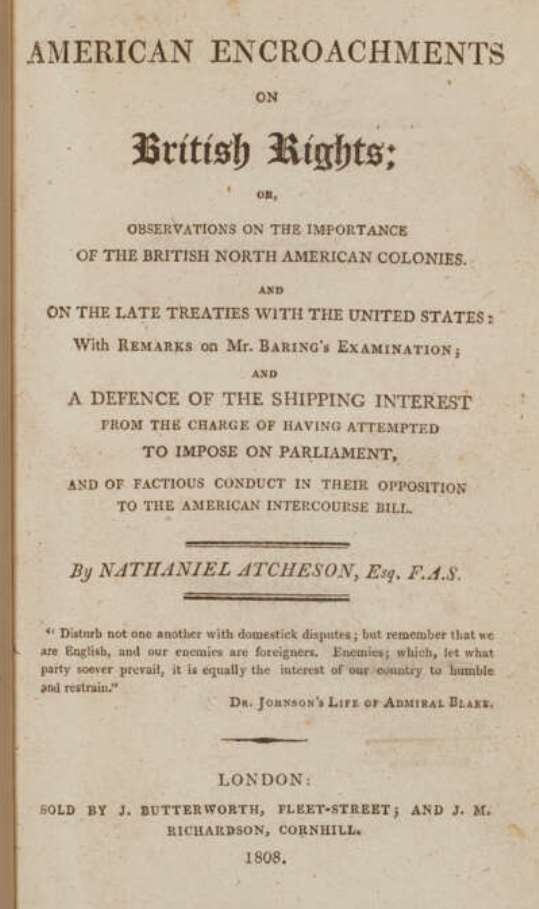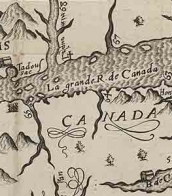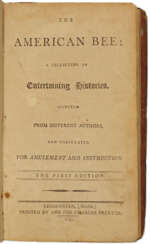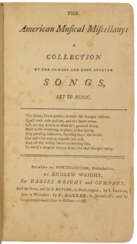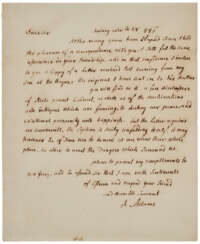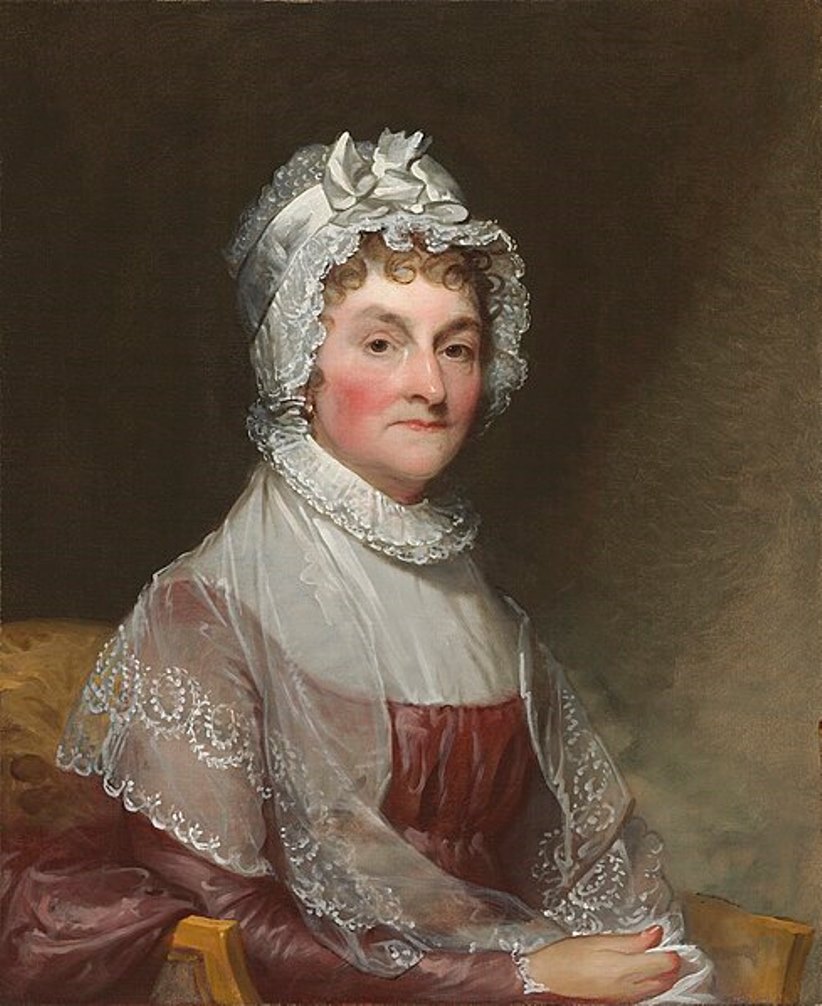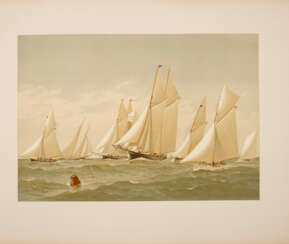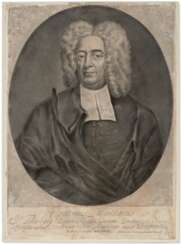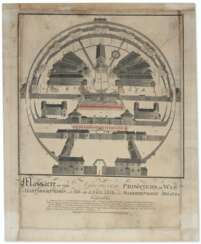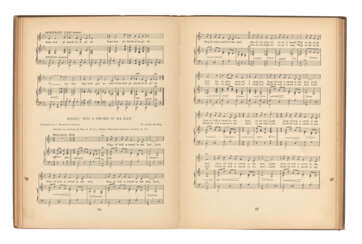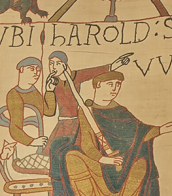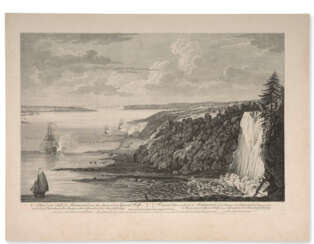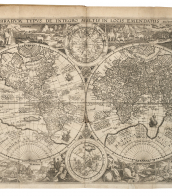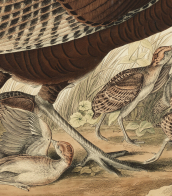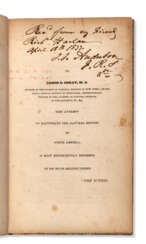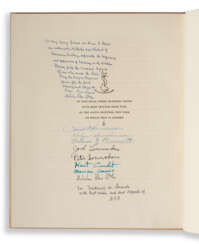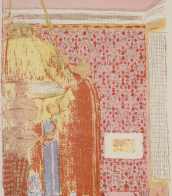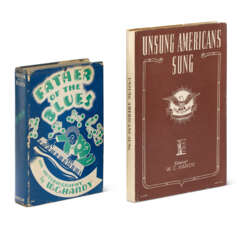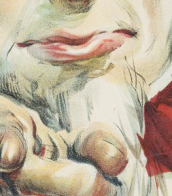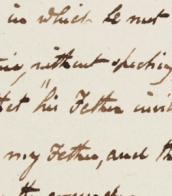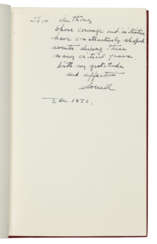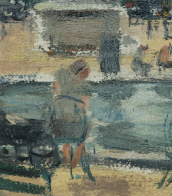american
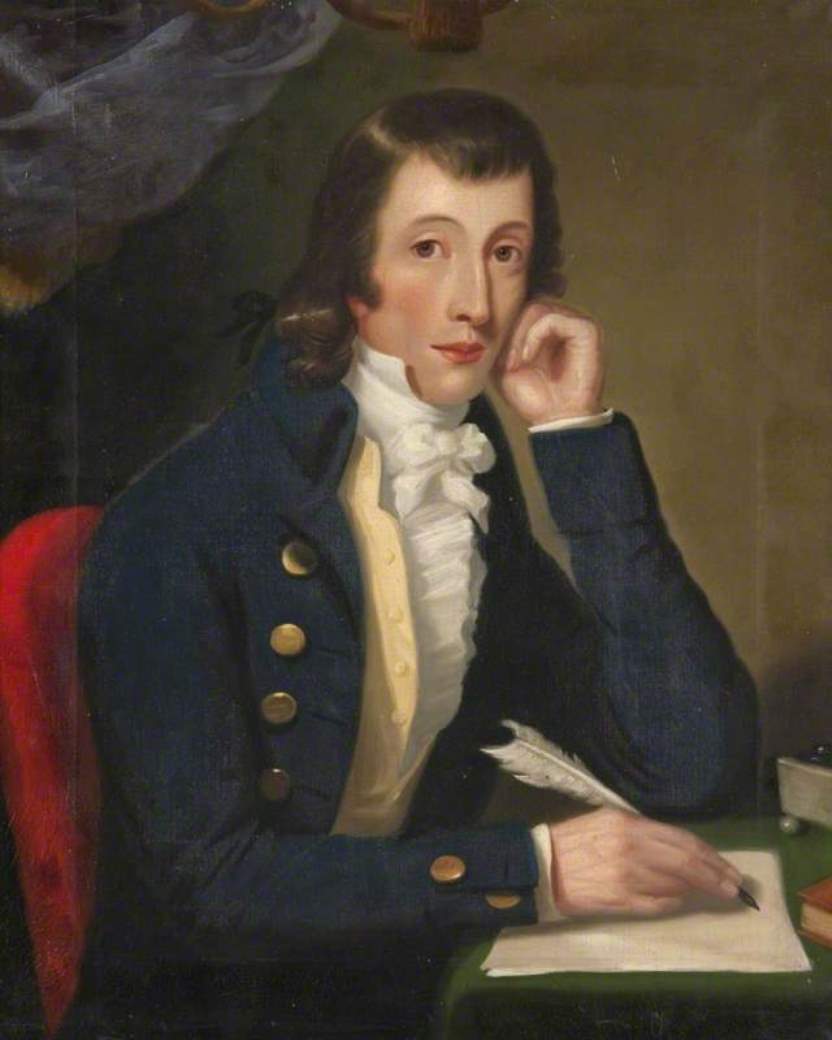
Alexander Wilson was a Scottish-born American naturalist, ornithologist, illustrator, and poet.
Wilson emigrated from Scotland to America in 1794, spent several years teaching in Philadelphia and New Jersey, and then became interested in studying native birds. He traveled extensively in the American wilderness and captured and studied over 300 different birds, including several previously unknown. He made his own drawings and detailed descriptions, supported by reading scientific literature.
The results of his research were published under the title American Ornithology in eight volumes beginning in 1808. The ninth volume was published after his death in August 1813. One of the first subscribers was President Thomas Jefferson. Alexander Wilson was a member of the Society of Artists of the United States and the American Philosophical Society. The Wilson Ornithological Society is named in his honor, and a monument is erected in Abbey Close, Paisley. Several species of birds are named in his honor.

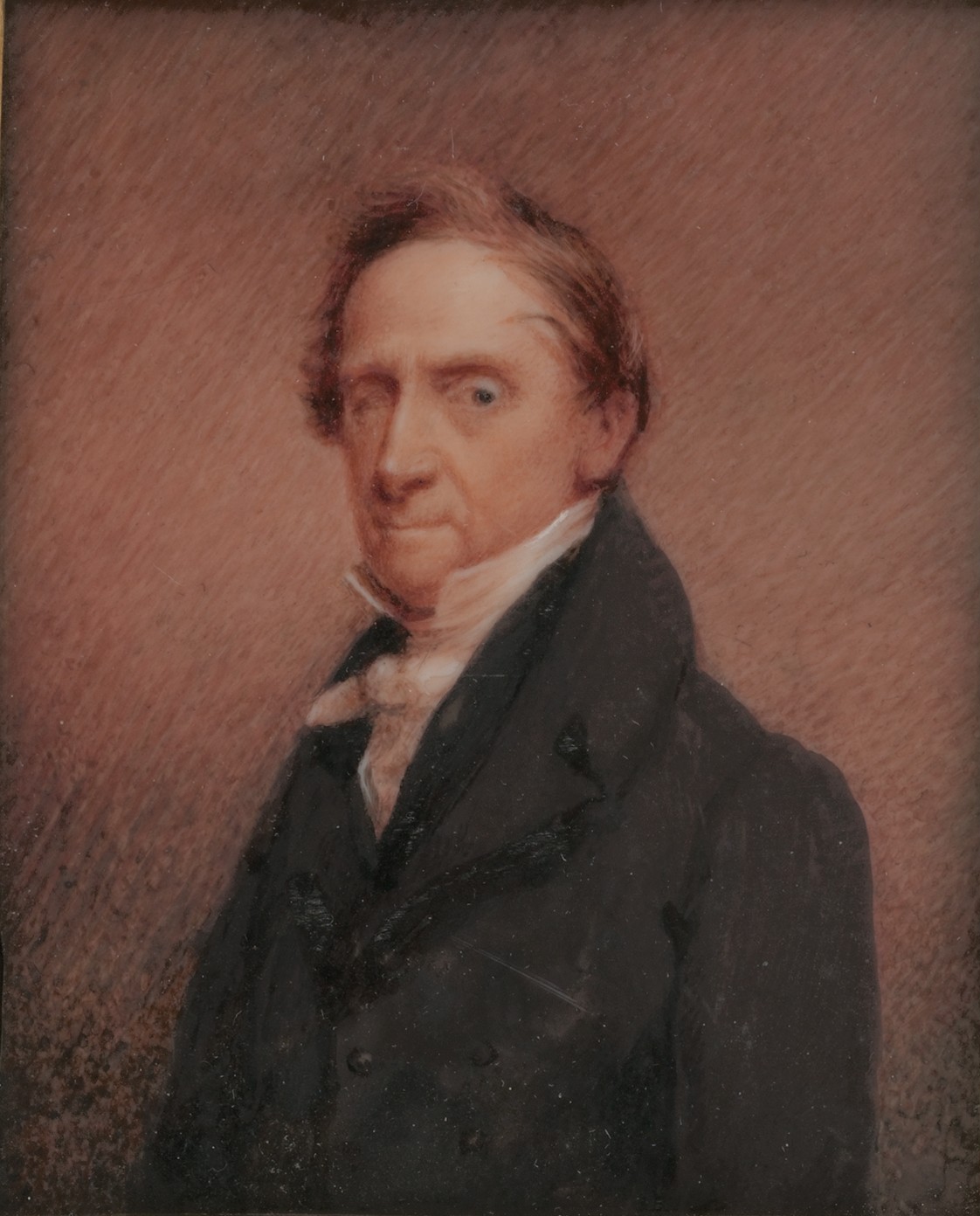
William Dunlap was an American playwright, theater director, artist, and historian.
William Dunlap was a pioneer of the young country's theater. He directed two of New York City's earliest and most famous theaters, the John Street Theater and the Theater in the Park. During his lifetime he directed over sixty plays, most of which were adaptations or translations of French and German works. But among them were some original ones based on American themes with American characters.
In 1832 Dunlap published A History of the American Theater in two volumes. In 1825, Dunlap co-founded the National Academy of Design and taught at its school. Even today, Dunlap is best known for his encyclopedic three-volume History of the Origin and Progress of the Art of Design in the United States. The book was published in 1834 and is now an invaluable source of information about artists, collecting, and artistic endeavors in the country of that historical period.
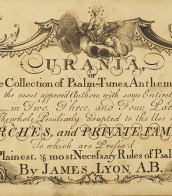
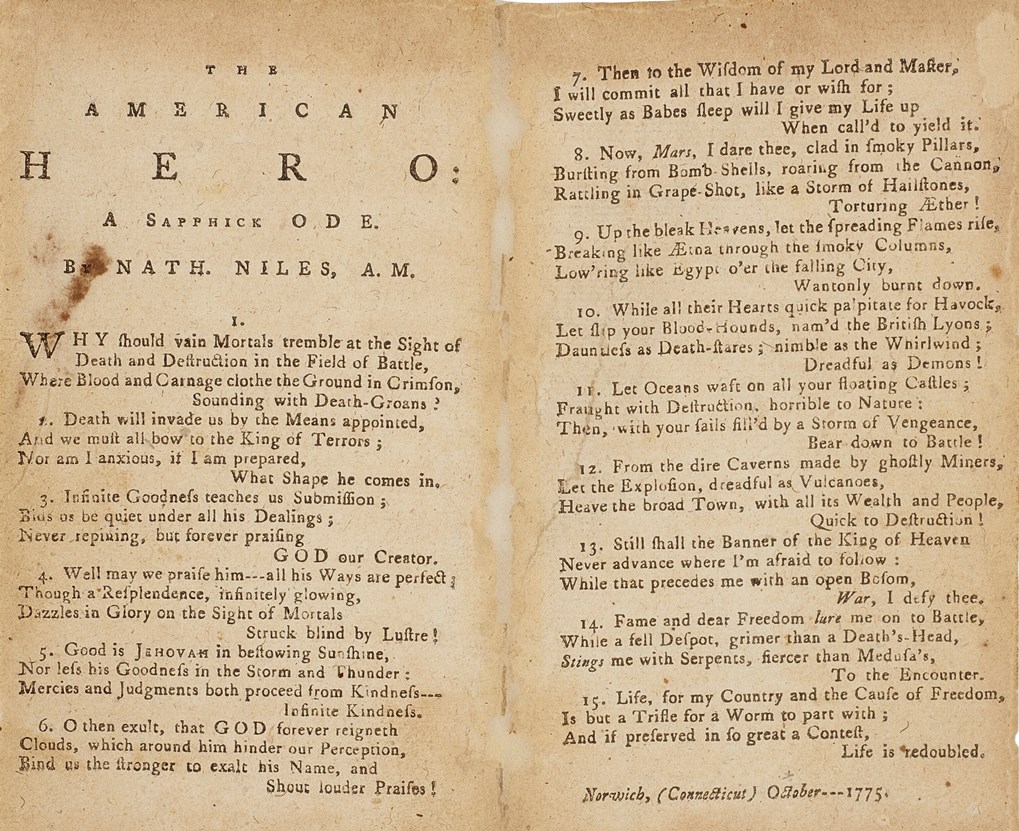
Nathaniel Niles is an American lawyer and politician, a member of the House of Representatives from Vermont.
Niles attended Harvard College and the College of New Jersey, eventually becoming a preacher but also active in politics. Niles sat in the lower house of the Vermont legislature for eight terms. From 1784 to 1787 he was a member of the state supreme court.
In addition to his sermons, he published numerous theological articles. When the American Revolution broke out in 1775, Niles enthusiastically supported the war against England. He even wrote his only work of poetry, an ode entitled "American Hero," to commemorate the Battle of Bunker Hill, which was set to music and became quite popular among New England soldiers and militia.

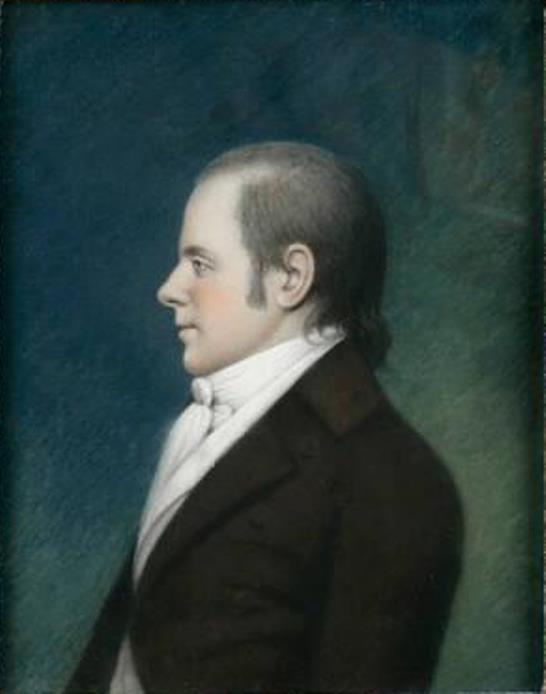
Elihu Hubbard Smith is an American author, writer, and physician.
Smith graduated from Yale College as early as age 11 with a liberal arts education, followed by a medical degree. He worked at New York Hospital and published historical articles on plague and plague fevers.
Elihu Smith was a very active writer: he was a member of the Hartford Witters, wrote the first American comic opera "Edwin and Angelina" (1796), was the editor of the first book anthology of American poetry ("American Poems, Selected and Original," 1793) and the first national American medical journal ("Medical Repository"), and corresponded extensively with many writers and writers of his time.
Smith died at age 27 of yellow fever, which he contracted while treating patients during an outbreak in New York City.

